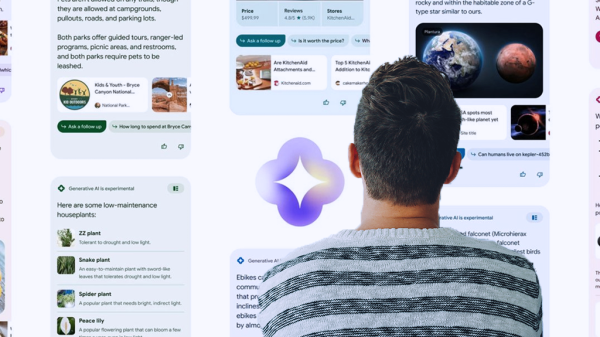Australia has been locked in a legal war against technology giants Google and Facebook with regard to how news content can be consumed by either entity’s platforms.
At its core, the law states that news content being posted on social media is – in effect – stealing away the ability for news outlets to monetize their delivery and aggregate systems. A news organization may see their content shared on Facebook, which means users no longer have to visit their site to access that information. This harms the ability for news production companies – especially smaller ones – from being able to maintain revenue and profit, while also giving power to corporations such as Facebook by allowing them to capitalize on their substantial infrastructure.
This is a complex subject that can be viewed from a number of angles, but it essentially asks the question of who should be in control of information on a potentially global scale, and how the ability to share such data should be handled when it passes through a variety of mediums and avenues. Put shortly: Australia thinks royalties should be paid to those who supply the news.
Australia has maintained that under the proposed laws, corporations must reach content distribution deals in order to allow news to be spread through – as one example – posts on Facebook. In retaliation, Facebook completely removed the ability for users to post news articles and stories. This in turn led to a proliferation of false and misleading information to fill the void, magnifying the considerable confusion that Australian citizens were confronted with once the change had been made.
“In just a few days, we saw the damage that taking news out can cause,” said Sree Sreenivasan, a professor at the Stony Brook School of Communication and Journalism. “Misinformation and disinformation, already a problem on the platform, rushed to fill the vacuum.”
Facebook’s stance is that it provides value to the publishers because shared news content will drive users to their sites, thereby allowing them to provide advertising and thus leading to revenue.
Australia has been working on this bill since last year, and has said that it is meant to equalize the potential imbalance of content and who can display and benefit from it. This is meant to try and create conditions between publishers and the large technology platforms so that there is a clearer understanding of how payment should be done in exchange for news and information.
Google was initially defiant (threatening to go as far as to shut off their service entirely), but began to make deals recently in order to restore its own access. Facebook has been the strongest holdout, and has shown that it can leverage its considerable audience and reach to force a more amenable deal. Australia has since provided some amendments to give Facebook time to seek similar deals obtained by Google.
One large portion of the law is that Australia is reserving the right to allow final arbitration, which it says would allow a mediator to set prices if no deal could be reached. This might be considered the strongest piece of the law, as it means that Facebook cannot freely exercise its considerable weight with impunity. Facebook’s position is that this allows government interference between private companies.
In the last week – with the new agreements on the table – it’s difficult to say who blinked first. There is also the question of how this might have a ripple effect through the tech industry and between governments who might try to follow suit.
Robert Snodgrass has an English degree from Texas A&M University, and wants you to know that yes, that is actually a thing. And now he's doing something with it! Let us all join in on the experiment together. When he's not web developing at Docusign, he runs distances that routinely harm people and is the kind of giant nerd that says "you know, there's a King of the Hill episode that addresses this exact topic".












































